Starmer Announces Major Cut to UK Aid Budget to Fund Increased Defence Spending
Prime Minister Keir Starmer has confirmed significant reductions to the UK’s international aid budget to finance a substantial boost in defence expenditure. The decision comes amid concerns over former US President Donald Trump’s wavering commitment to European security.
The government will accelerate its defence spending target, reaching 2.5% of GDP by 2027—three years ahead of schedule. Starmer also outlined an ambition to further increase spending to 3% in the next parliamentary term, citing the need to deter global threats, including Russian President Vladimir Putin.
To fund this expansion, the prime minister announced that the aid budget would be cut from 0.5% to 0.3% of GDP, amounting to an annual reallocation of approximately £13.4 billion starting in 2027. The decision has sparked criticism from some Labour MPs and development organisations.
“This is not an announcement I make lightly,” Starmer told MPs. “We must do everything we can to restore our development capabilities in the future, but at a time like this, the security of the British people must come first. That is this government’s top priority.”
The Guardian first reported the planned cuts before Starmer addressed Parliament, prompting an immediate leak inquiry. According to government sources, Starmer consulted his cabinet before finalising the decision, though Downing Street declined to disclose details of the discussions.
The total UK defence budget, including intelligence services, will amount to 2.6% of GDP from 2027—still behind the US’s 3.4%, but placing the UK among NATO’s top contributors after Poland and Estonia.
“We must adapt our national security strategy to meet the demands of a generational challenge,” Starmer said. “This requires difficult and painful decisions.”
The prime minister’s upcoming visit to Washington, where he will meet Trump, coincides with the third anniversary of Russia’s full-scale invasion of Ukraine. The meeting is expected to test Starmer’s diplomatic acumen as he seeks to balance UK security interests while maintaining strong ties with the US president, who has pressured Europe to raise defence spending.
Calls for a faster increase in UK defence spending have intensified, particularly as Trump’s administration signals a reduction in US military aid to Ukraine. Defence officials argue that the £13.4 billion boost to 2.5% of GDP is insufficient to rebuild and modernise Britain’s armed forces, advocating for an eventual rise to 3%.
Labour had previously pledged to restore the aid budget to 0.7% of GDP when economic conditions permitted, a commitment that remains officially in place. However, officials have recently explored reductions as a means to support defence funding.
Foreign Secretary David Lammy recently warned that Trump’s proposed cuts to US international aid could be a strategic misstep, allowing China to expand its global influence. The UK government has stated that its remaining aid funds will prioritise Ukraine, Sudan, Gaza, climate initiatives, and multilateral organisations, though other programs will continue as well.
Critics argue that reducing aid to finance defence is counterproductive. Labour MP Sarah Champion, chair of the International Development Committee, cautioned: “Aid and defence are interlinked. Cutting one to fund the other will only make the world more unstable. Conflict is often driven by desperation—investing in global stability is the best way to prevent wars rather than dealing with their aftermath.”
Romilly Greenhill, CEO of Bond, a network of UK aid organisations, condemned the decision as “shortsighted and reckless.” She warned that slashing aid to fund military spending would have dire consequences for vulnerable communities worldwide while also weakening the UK’s global standing and security interests.
“This move follows the US’s retreat from global commitments, undermining the UK’s credibility and its influence on the world stage,” Greenhill said. “Instead of stepping up, the UK is turning its back on communities facing poverty, conflict, and insecurity.”

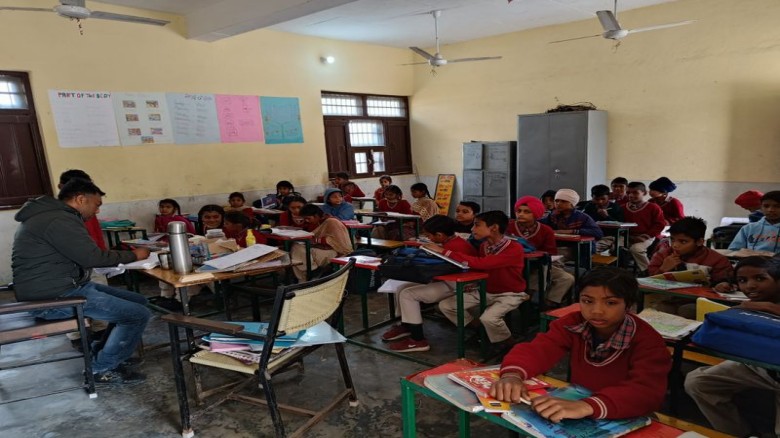
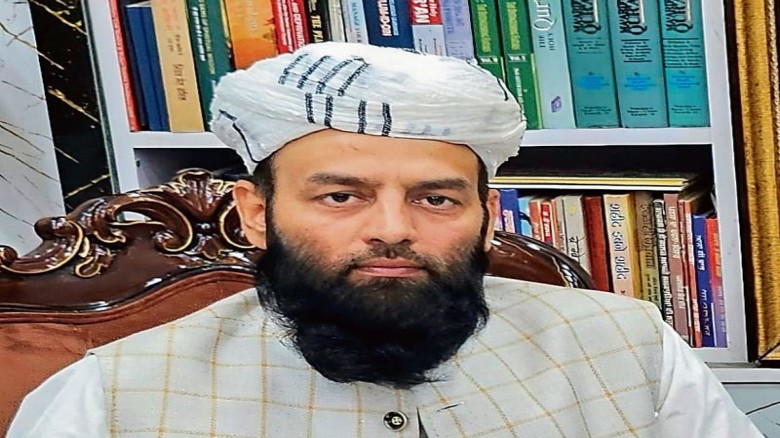

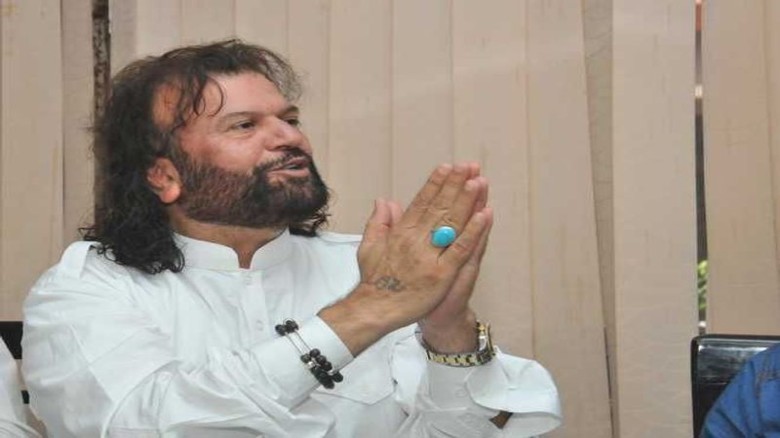

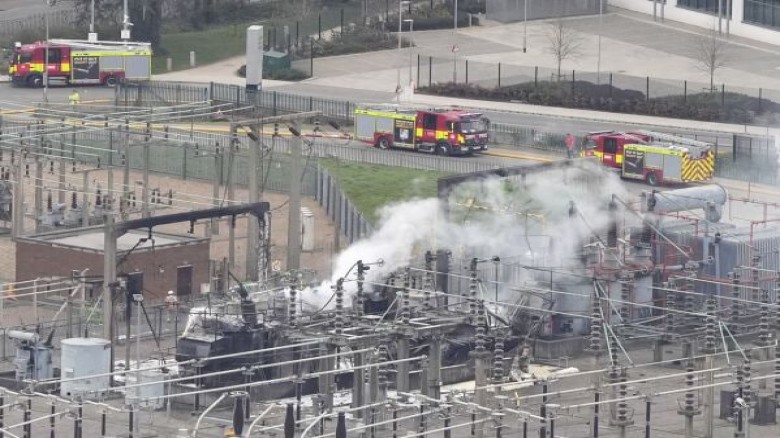

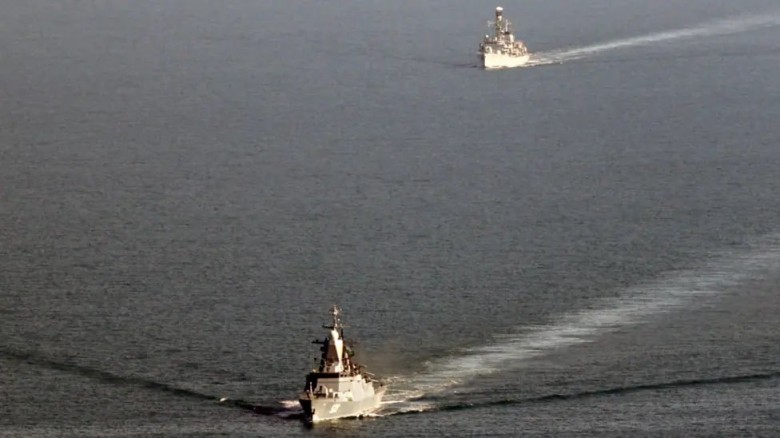
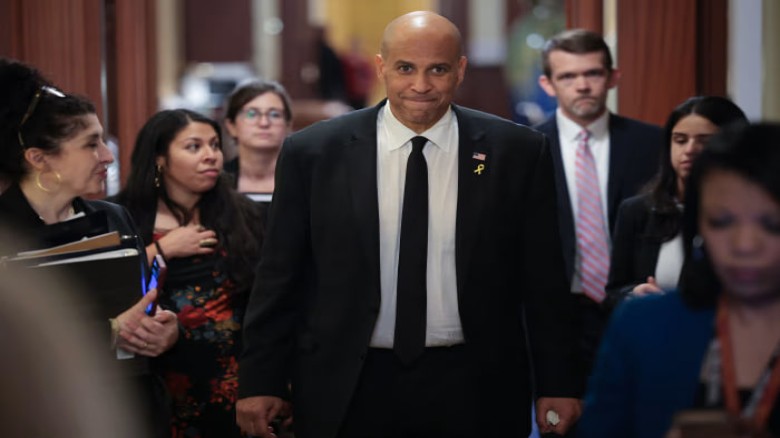


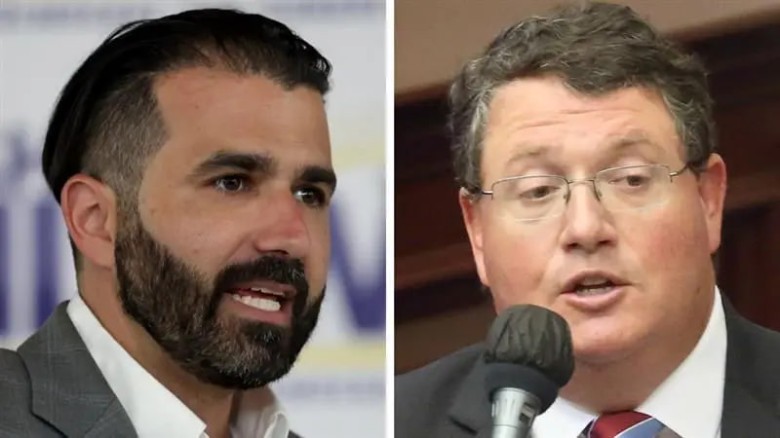

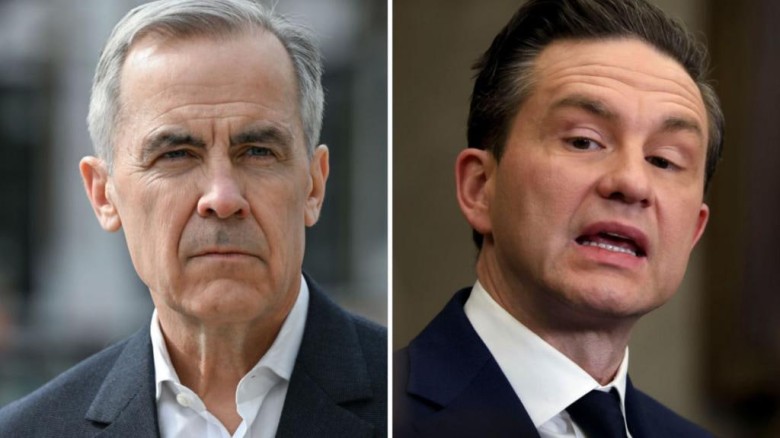
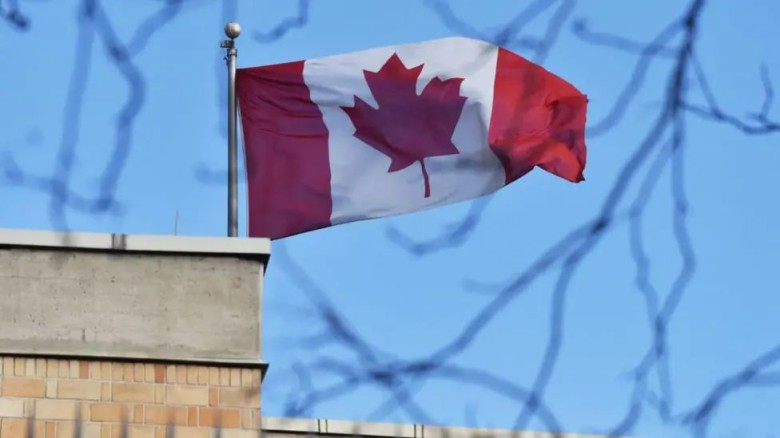
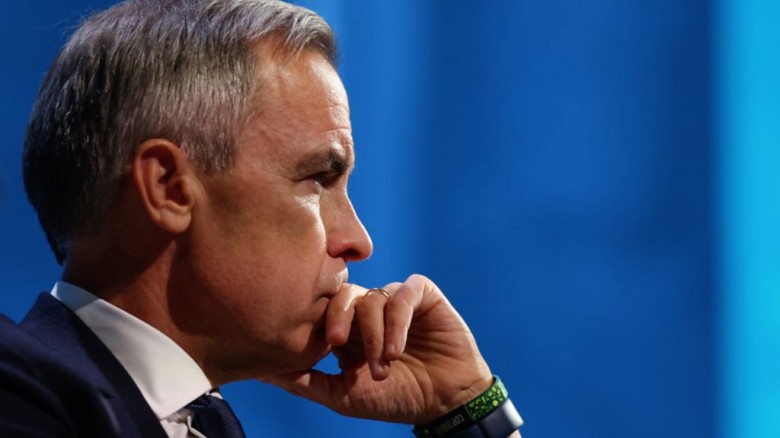

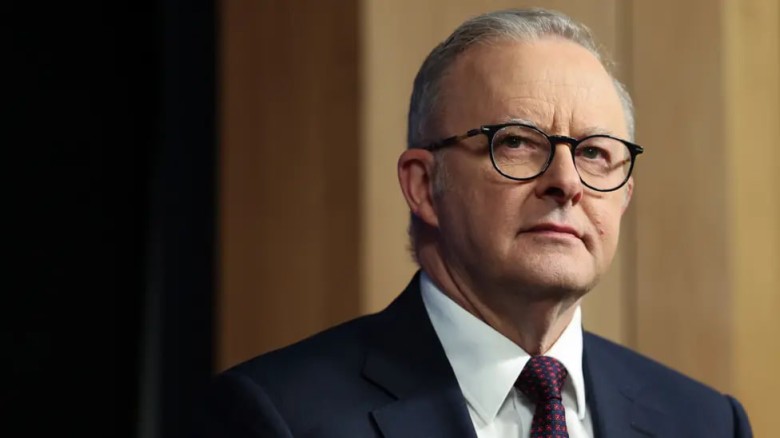




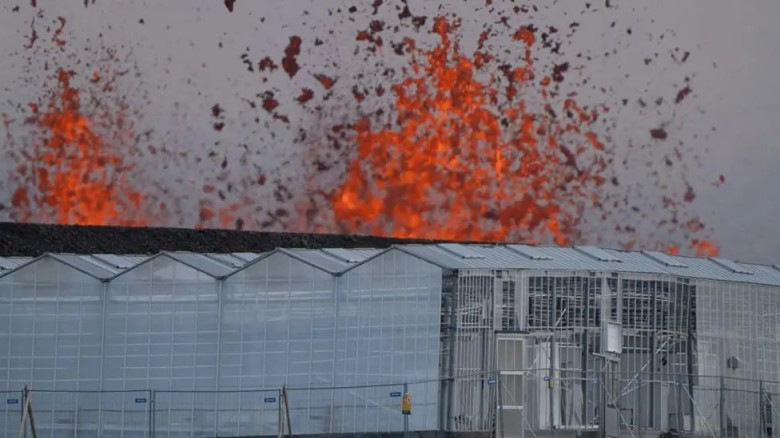
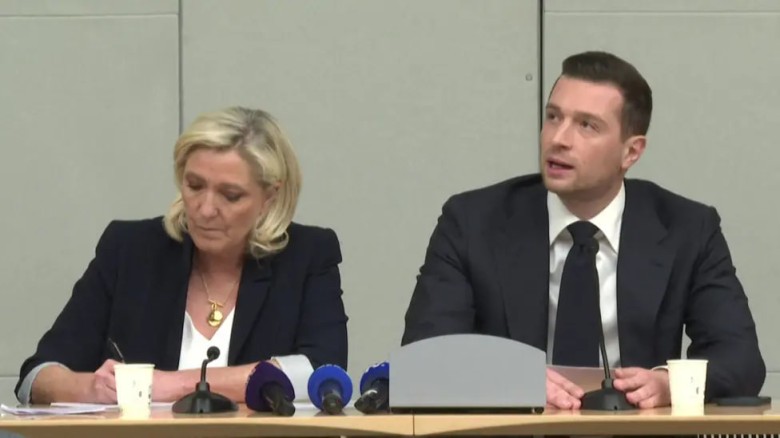
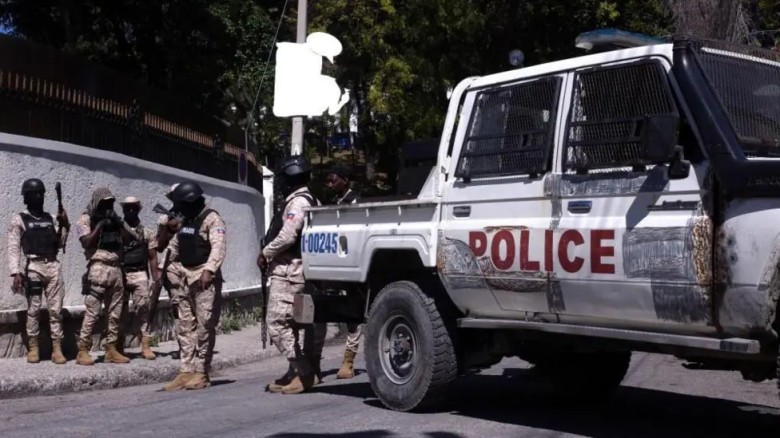
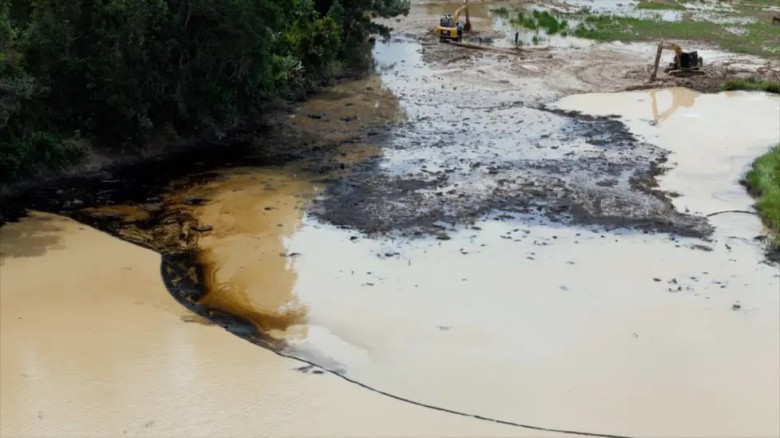
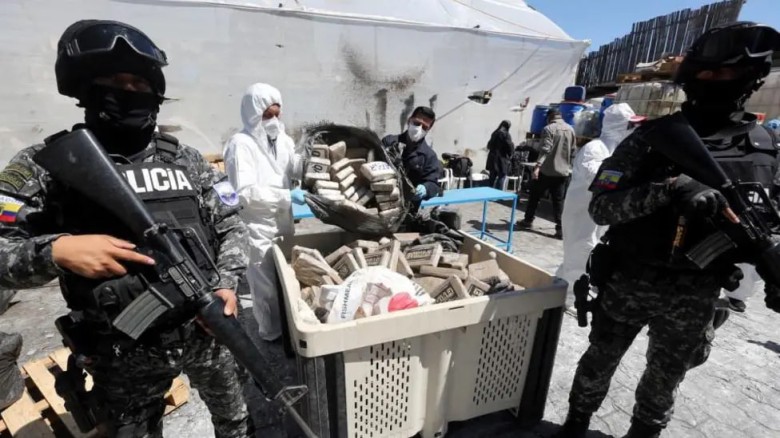






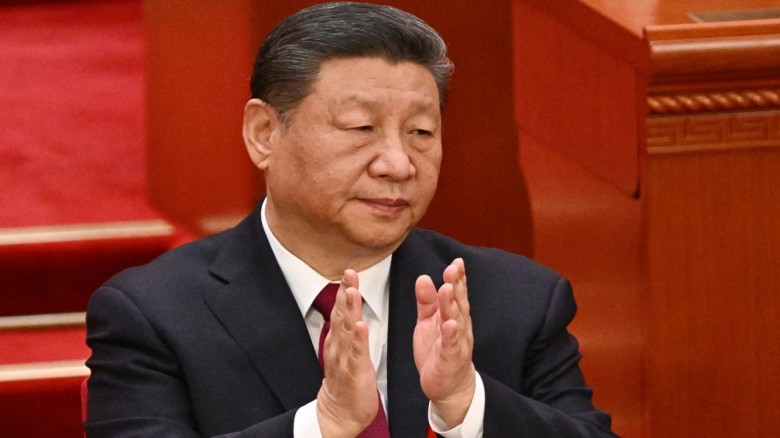
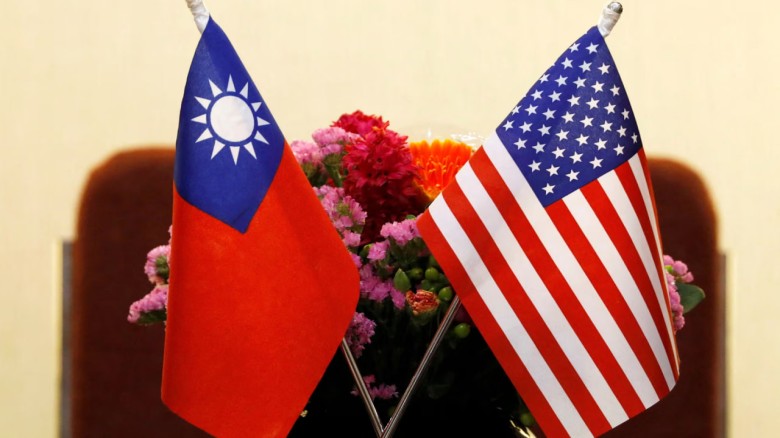


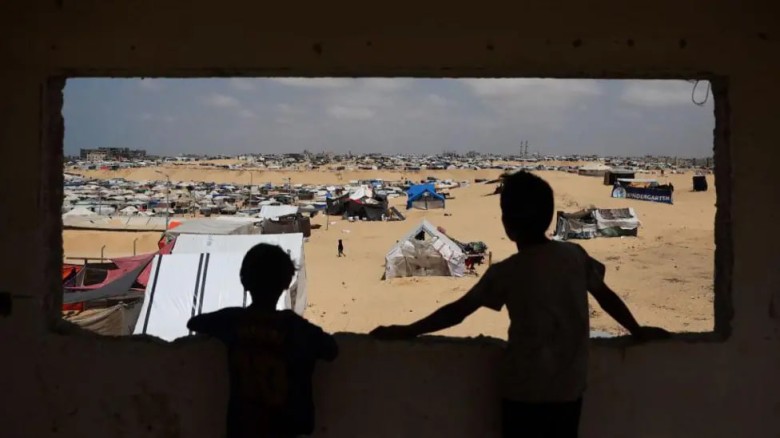
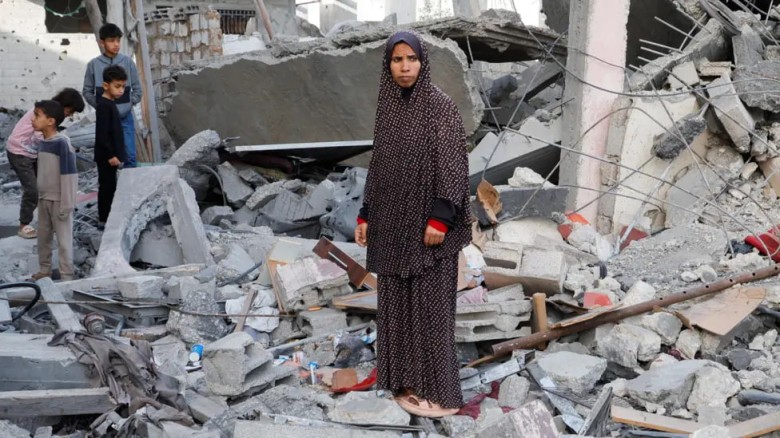
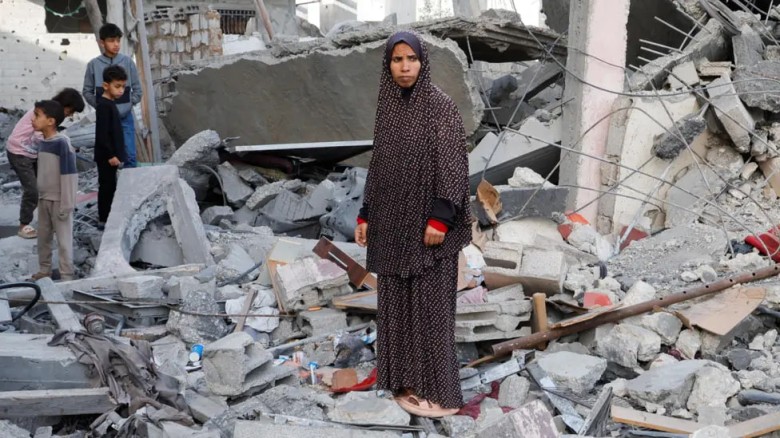

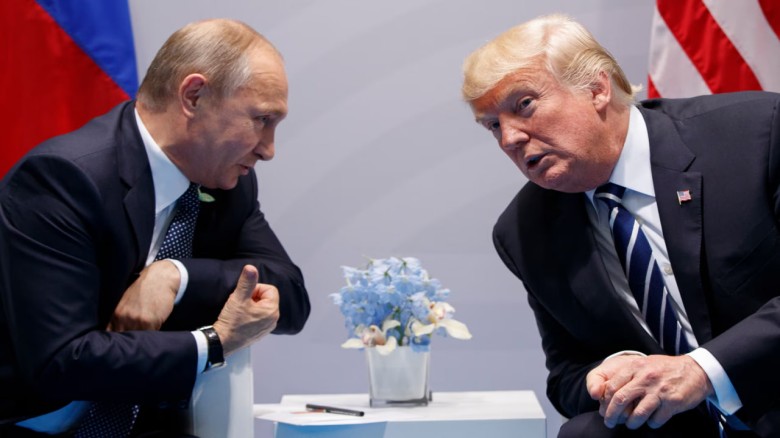
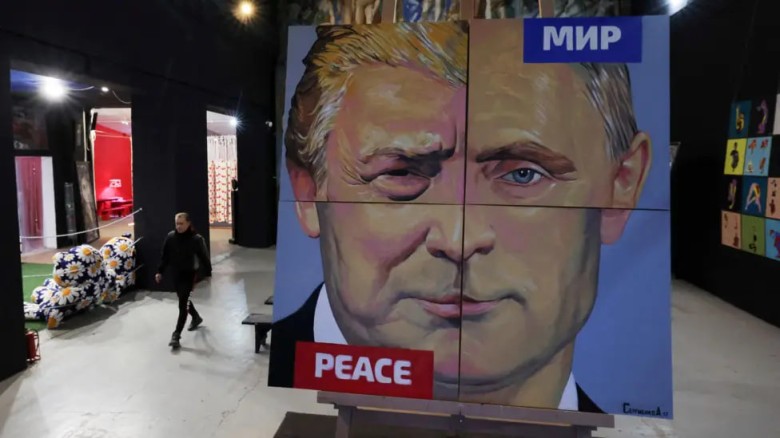
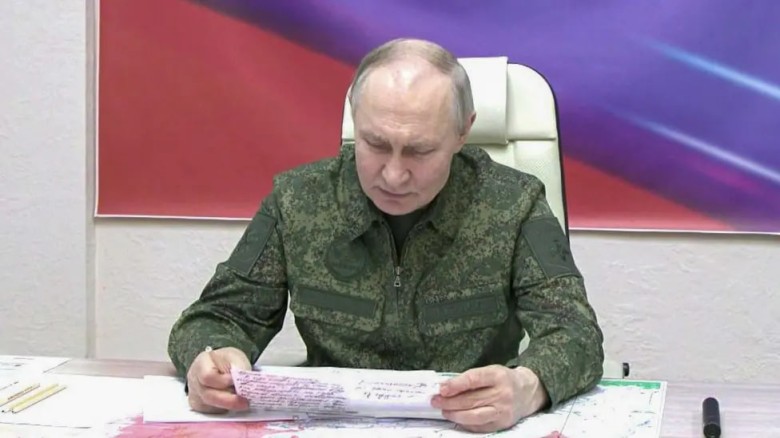




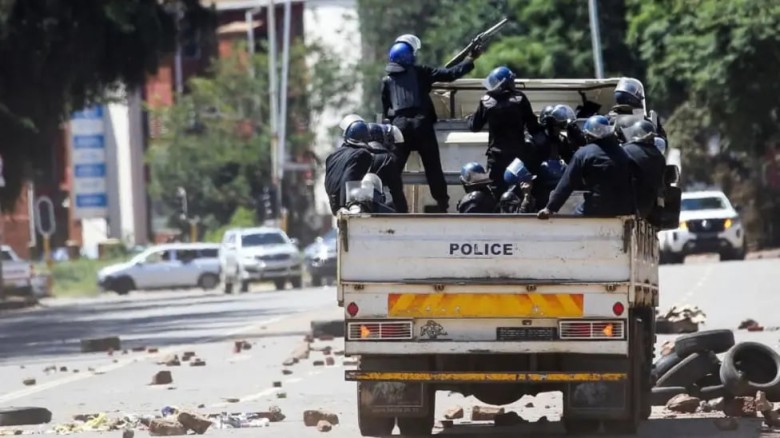
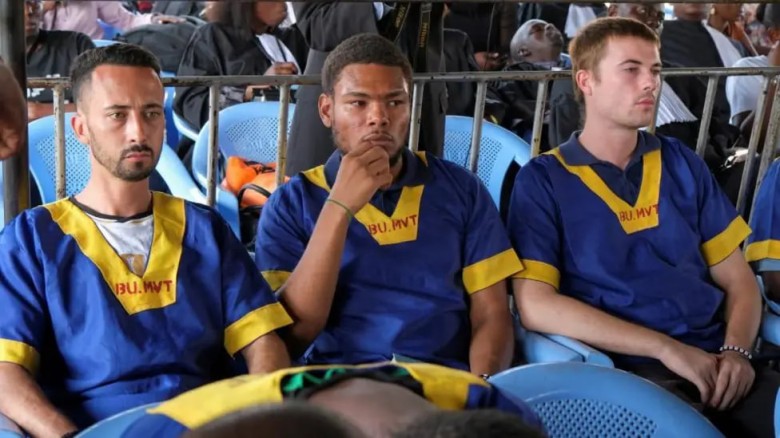
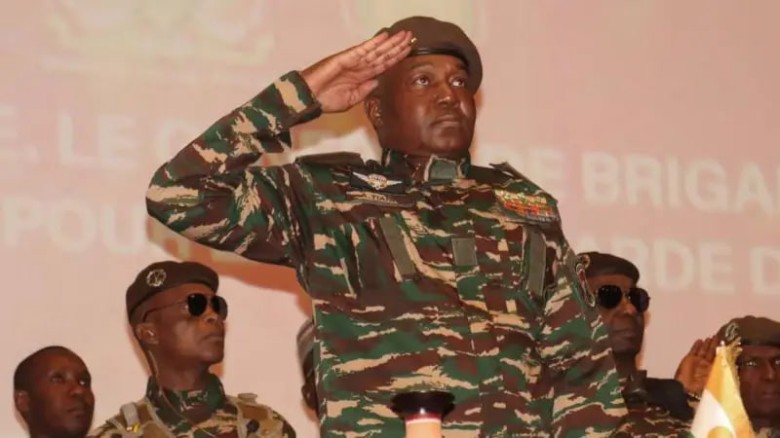











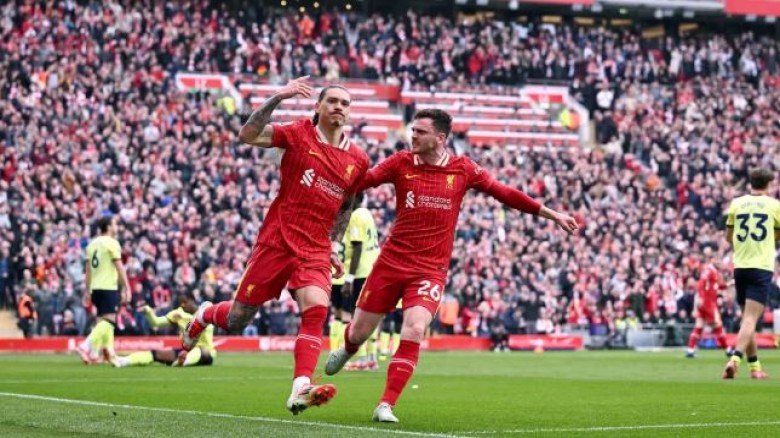


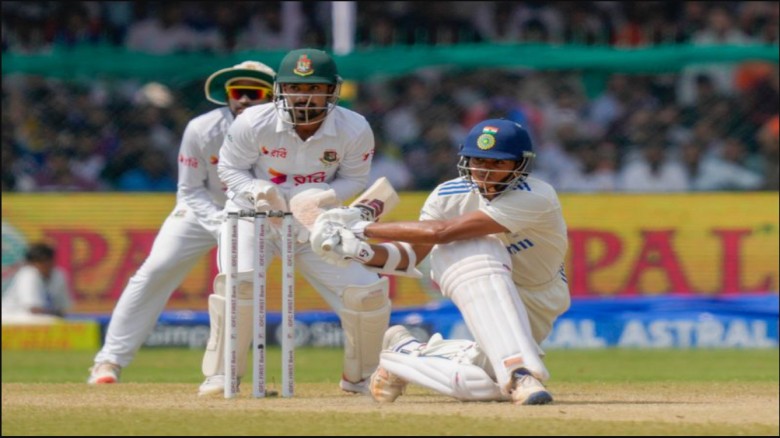
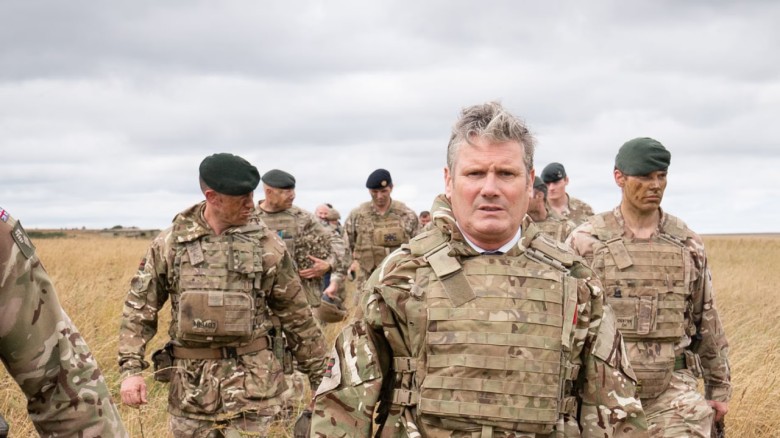


Leave A Comment